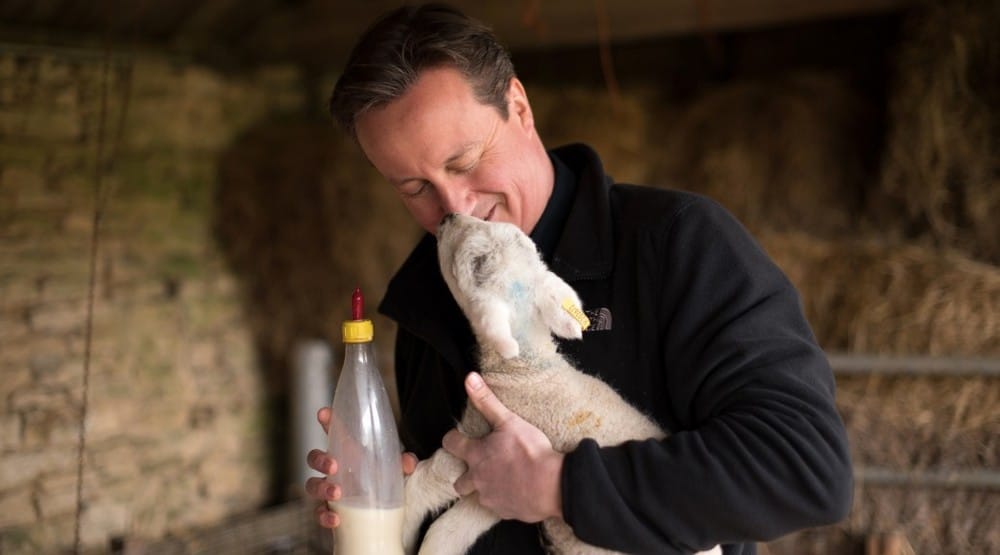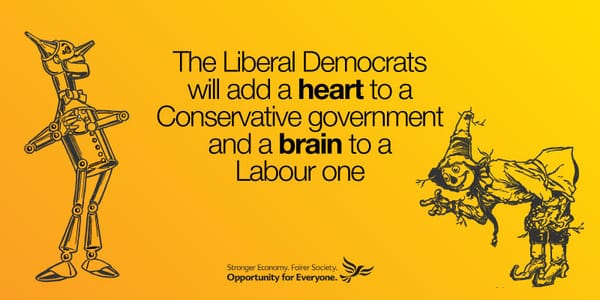Will our government be reborn this Spring?
Resurrections in politics are not always a good thing

In some accounts of the ‘Constantinian shift’ towards Christianity as the state religion of the Roman Empire in the 4th century CE, part of the political efficacy of the move came through the assimilation to Christianity of a variegated iconography and diverse social practices associated with older paganisms. While as historical interpretation such accounts are a little too ‘Dan Brown’, the general idea does point nicely to a bizarre semantic association in the English language: that of rebirth and resurrection, largely a product of the coexistence of the Christian Eastertide and residues of spring fertility rituals in rural areas. Both the main parties seem to have had a similar confusion about the meaning of these terms in the run up to the election.
First comes the return of Tony Blair to the political scene. It is rare I find myself in agreement with the Daily Mail, but surely the man can only be described as toxic? The one thing Miliband had going for him was his opposition to the Iraq War. Perhaps I overestimate the negative effect Blair will have; I have friends who have said that the Labour Party ‘chose the wrong Miliband.’ Since the estimable socialist intellectual Ralph Miliband is dead and will (alas!) probably remain so, one can only presume that these remarks refer to the elder brother David: defender of extraordinary rendition and other human rights abuses, no doubt taking the US on faith that ‘advanced interrogation techniques’ such as ‘rectal rehydration’ can’t be all that bad, really. On the whole, though, Blair’s resurrection seems to have been recognised as a bad move. There is just one nice irony about the episode: his zombie-like return to the political scene, just two days after he no doubt commemorated the resurrection of Christ, throws into sharp relief his megalomaniac identification with the figure who has become the object of his messianic faith.
The Tories, on the other hand, have rediscovered growth economics but with a catch: we will have more spending and more austerity! The fact that the logic of growth economics requires state intervention during times of recession to promote growth and that state spending during times of growth is at best economically superfluous and at worst damaging seems to have largely escaped a party obsessed with the two contrary desires of staying in power and a punitive neoliberalism – which has historically failed in its promise to be the most efficient policy for growth, never mind the most just. Actually, this criticism assumes that the Tories are right in thinking that growth will continue. Yet the ‘great economic recovery’ we are witnessing is a less rebirth than stillbirth, epiphenomenon that it is of the crisis in Europe. The crisis has made the City a magnet for continental surpluses, sanctuary as it is for the twin pillars of deregulation and rampant inequality, but the situation will not last. These pillars have their foundations in the world turtle of myth and the Tories have built their policies in the belief that, as someone once told Bertrand Russell, “it’s turtles all the way down”.







